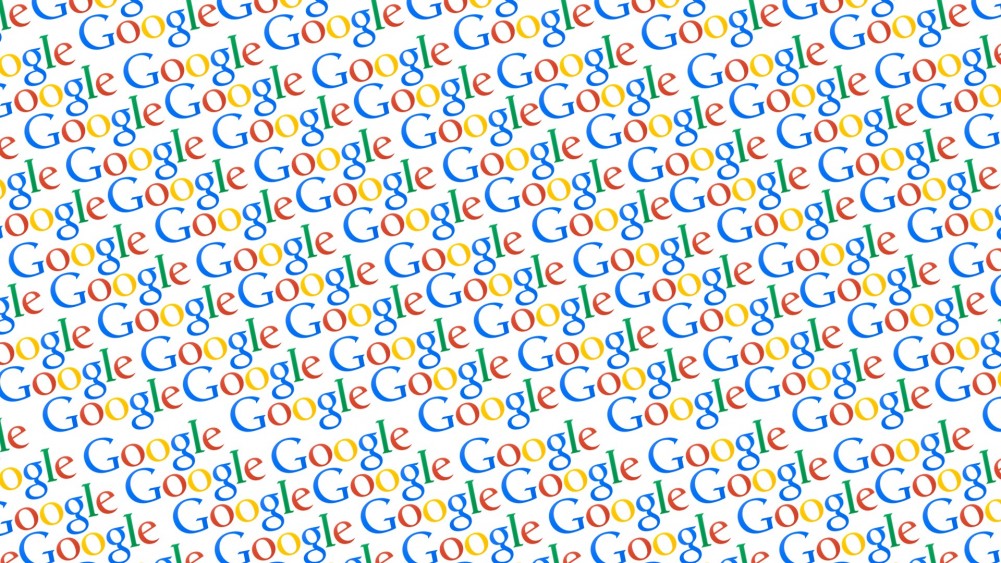Presumably, the case the European Union (EU) has brought against Google will be decided on its merits with laws of the EU applied fairly and evenly based on the facts and relevant precedent. People will have to trust that the rule of law will prevail and that the interests of governments, companies, stockholders, and citizens will be fairly measured, weighed and balanced. If the EU oversteps its bounds or gets this wrong, they will have to deal with unpalatable long-term repercussions. The rule of law is the very foundation of modern civilization – the only foundation it has – and so perhaps we can count on the EU to strike the right balance.
Anti-Trust History
In fact, the EU has taken action against a dozen other major US companies including Microsoft, for example, when it bundled its PC OS with Windows Media Player (WMP) in 2004. According to the EU Commission decision, “tying” involves four elements: 1) the tying and the tied goods are separate products; 2) the undertaking is dominant in the tying product market; 3) the undertaking does not let customers obtain the tying product without the tied product; and 4) the tie forecloses competition. (From the EU Commission Decision, March 24, 2004)
A number of these same companies were investigated by US federal and state governments for similar anti-competitive tactics as well as violations of electronic communications and privacy laws. In an age when multinational companies are stronger and wealthier than national governments, we should expect occasional dust-ups.
EU leaders have a hodge-podge of views on Google. Andreas Schwab, a German member of the European Parliament, believes Google should be broken up. Margaret Vestager, EU Competition Commissioner and point person on the lawsuit, publicly acknowledges the advances Google has brought to the world but it’s her job to make sure Google’s tactics don’t impinge on the rights of EU businesses and consumers.
According to reports, this isn’t the first skirmish the EU has had with Google. Google has been in the crosshairs of EU regulators for much of its 17 years. The big elephant in the room always gets this kind of attention.
Perhaps the most telling parallel to the EU lawsuit is the United States in the 1890s, an era of unprecedented change dominated by Carnegie Steel and Rockefeller’s Standard Oil Company. In court testimony, Rockefeller described his actions as calculated to improve the lives of Americans and this he did in spades. But US attorneys at the time characterized Rockefeller’s tactics as anti-competitive and a drag on US prosperity. In fact, the US and its citizens benefited greatly from the creation of a more level playing field and the same could happen in Europe.
What About Google’s Tactics?
I have been trying to purge Internet Explorer from my computer for over a decade. I try several times a year, taking up many hours of time, but it is impossible. Microsoft has built its operating system so that people must have Internet Explorer installed, whether they use it or not; the operating system doesn’t work properly and common programs behave oddly. This is the type of action taken by monopolies to expand their businesses, and they usually get away with it, at least for a time.
The central charge by the EU is that Google promotes their own services over those of competitors through its comparison shopping service, seemingly another case of tying. While Google may have free reign to configure its products and services in whatever way it sees fit for the US market, the EU has a different set of expectations for its businesses and consumers.
Temptation to Trivialize, Ignore or Bulldoze Charges Against Google
The temptation to believe EU regulators are unsophisticated simpletons and that the lawsuit brought against Google is a case of sour grapes plays into US hubris and the belief in American exceptionalism, attitudes that are meeting stiff headwinds across the world. US beliefs and attitudes that have worked for the past century are being undermined by the shifting sands of time, and sober analysis suggests the need for the realistic acceptance of the new multi-polar world order.
In short, the US can no longer expect their products, services and way of life to be adopted without any modification; the EU lawsuit will be a test of this.
Creative Destruction & Regulation
Across the world, people are finding that the benefits of wave after wave of technological innovation are unevenly distributed. Some have it better than ever while others feel themselves being dragged, kicking and screaming, into a world in which they don’t want to live.
As a US citizen living at the epicenter of many of these changes and an avid proponent of technology as the sole means of improving the world, I must admit that the success of the experiment we are in is not a forgone conclusion. Having my identity stolen, bank accounts emptied or experiencing major cyber attacks on infrastructure and people could quickly sour my attitude toward the unprecedented scope and speed of change. I am more than a little alarmed at the ease with which our institutions are being undermined by hackers.
What eventually happens with EU vs. Google is important and will be a sign of things to come. According to reports, another dozen countries are considering action against Google.







